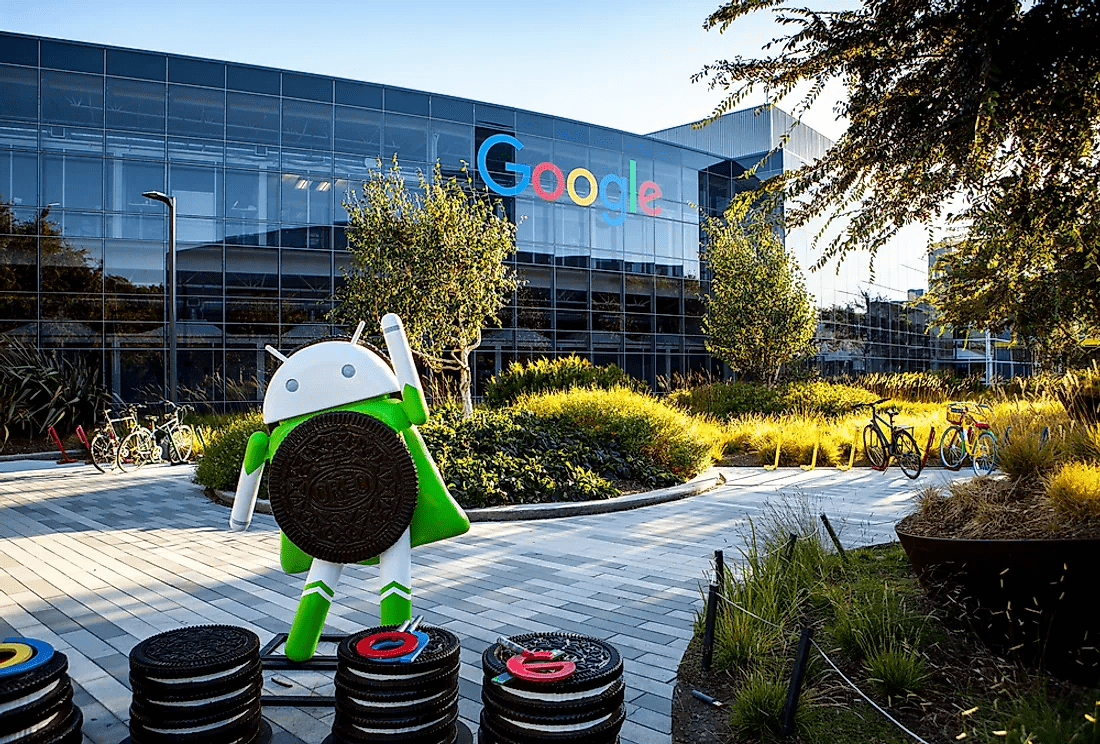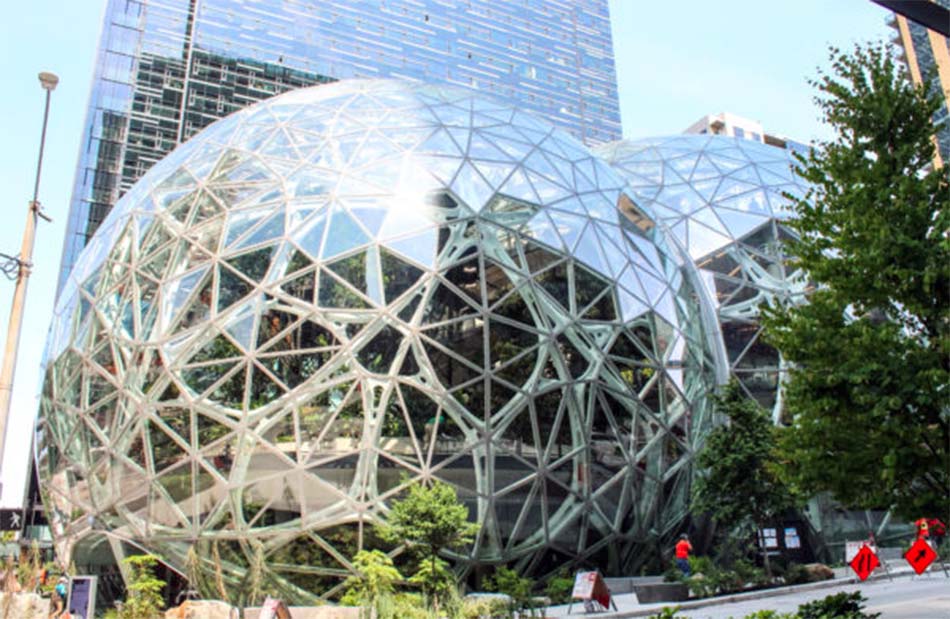An Analysis of Product Owner Salaries & Compensation
Curious about what Product Owners earn? In this post, we dive into the data to provide an in-depth analysis of Product Owner salaries and compensation.

Interested in becoming a product owner? It is an exciting career path that puts you in charge of leading an agile product team to success.
As a product owner, you will determine your team's priorities when it comes to new features and ideas. It is also your responsibility to maximize the value of the product produced by your Scrum team.
An effective product owner is critical to the success of an Agile product roadmap. It's therefore no wonder product ownership is one of the most sought-out roles in tech.
As a result, product owners are often paid high salaries. How much do product owners typically get paid? How does this differ depending on your location? What do some of the top tech companies like Google, Microsoft and Meta pay their POs?
Are you looking to take the career path to become a product owner? Do you want to find a job that suits you and respects your time?
4 Day Week is here to help! We believe that everyone should be able to have the chance to find their dream four-day week tech job.
But before that, let's talk about remuneration! In this article, we'll take a deep dive into what salaries you can expect for being a product owner!
What is a Product Owner?
A product owner is a person who is responsible for ensuring project success in an agile framework such as Scrum.
They’re essentially the person bridging the gap between a team and their product manager. This will usually involve taking the product manager’s vision and executing a product backlog that will create value from this vision.
They often focus on making sure the smaller details of the whole project are correct. Their work ranges from making detailed plans so they can ensure features are implemented correctly, to working with stakeholders to ensure development can smoothly transition to completion.
The responsibilities of a product owner include:
- Product Backlog Management and Prioritization: Agile-based projects all have a ‘product backlog’, which helps teams navigate which features to work on next. This is what a product owner spends most of their time managing so that they can direct their team to focus on whatever is most important.
- Observing The World Around Their Product: The product owner will be responsible for making sure that the strategy employed fits the market and the product’s customers. By making sure that they’re ‘in the know’ at all times, the product owner can decide which sprints to prioritize based on market urgency.
- Acting As A Bridge Between Sectors: In their position, a product owner will be expected to be able to bridge the communication between the development team and other parts of the organization — such as production and the Project Manager.
The Difference Between a Product Owner and a Product Manager
The two roles are often used interchangeably, but their functions are completely different.
A product manager’s focus is more holistic. They come up with the vision of a product, and the idea of what they want a completed product to be. They’re the ones responsible for finding potential user pain points and demonstrating product-market fit.
Product owners are instead the managers who guide the product team on how to build and create value from the project. Product owners create processes so developers know what to work on next.
What is the typical Product Owner salary in the US?
According to Indeed, the average salary of a product owner in the US is an average of $105,913. That’s almost double the US average salary of $53,490!
However, these salaries do vary depending on where you’re based:
- In California, a product owner based in San Fransisco will make $134,484 on average, whereas a product owner in San Diego would usually make a salary of $87,719.
- However, a product owner in the heart of California’s tech industry — Mountain View, Silicon Valley— will make $150,086. That’s over 40% over the national average of product owner salaries.
- In New York, a product owner in New York City can expect to make around $129,380. A product owner in Albany would make an average of $118, 654.
- Even in much more rural states like Maine, the average salary is above the national wage average. Being based in Portland will earn you a salary of $86,691.
There’s no real surprise here, as product owners are incredibly sought after. Due to the unique workflow of Agile and Scum, finding someone who can work as a product owner in such a workflow is an incredibly valuable asset to any product.
Would you like a 4 day work week?
How much do Product Owners get paid worldwide?
What about other countries? Let’s take a look at some of the other leading countries in tech, and how their salaries for product owners are.
- In the United Kingdom, Glassdoor states that a product owner can expect to make around £55,724GBP a year. This is equal to $63,422USD per year.
- In Canada, you can expect a salary of around $99,125CAD a year. That’s about $74,148USD per year.
- In China, a product owner can expect to make CN¥460,296 a year. This equals $65,332USD a year.
- In India, the salary of a product owner is around ₹1,800,000, or ₹18 Lakhs. This is equivalent to $17,418USD a year.
- In France, a product owner can expect to earn around €45,319 a year. This equals $45,158USD a year.
With that, it’s clear that the United States is truly the place to be when it comes to becoming a product owner. This is probably due to the sheer amount of technological innovation happening around the States — there’s a high demand, so a high wage comes along with it.
What do tech companies pay their Product Owners?
As product ownership jobs are only limited to companies that use Agile/Scrum systems, it may seem hard to find larger tech companies that utilise product owners.
However, product owners are utilized by large companies all the time!

One of the world’s most monolithic tech companies, Google is one of the best companies to work for as a product owner. With the average annual compensation being $198,742 a year and an average base salary of $158,757, there’s no doubt that Google is the place to be.
One major reason for this is that Google has adopted a combined Scrum and Waterfall approach to development throughout their company. This means that there’s always going to be a place for product owners in the company, as long as they keep using the combined methodologies.
Microsoft

Microsoft is another company that thrives in this area. Whilst slacking behind Google, Microsoft averages a base salary of $136,453 per annum, which equals an average total annual compensation of $177,608.
As Microsoft shifts toward the Scrum framework slowly, a company's need for product owners will grow over time. This change has been taking place over the last decade and is continuing to evolve how Microsoft frames their development teams.
Meta

Formerly Facebook, Meta’s current projects focus heavily on building the “Metaverse”. As a product owner at Meta, you can expect to bring plenty of high-value products to life.
Meta pays its product owners an average base salary of $148,350 and a total yearly average compensation of $166,239.
Amazon

With an average base salary of $114,494, their total average compensation for product owners totals $148,688 per annum - representing one of the lowest PO salaries among tech giants.
Apple

Unfortunately, Apple misses the mark with their salaries. With an average salary of $91,612 per year, Apple’s pay for product owners seems to be incredibly low compared to other tech giants.
Furthermore, location isn’t a factor here either, as the average for a product owner’s salary in Apple’s home — Cupertino, CA — is $126,310.
One reason for this could be that Apple might not tend to adopt the Agile/Scrum framework regularly in their development cycles.
Find a Product Owner job with a better work-life balance
Product owners are one of the most sought-after tech roles. It's easy to see why product owners are needed more than ever as companies move to Agile/Scrum-based development frameworks.
Are you interested in finding a product owner job that fosters a great work-life balance? Do you want more free time to do the things you enjoy? Then why not consider applying at one the many jobs which offer a shorter working week.
Our job listings only have a 4 day work week or part time working hours.